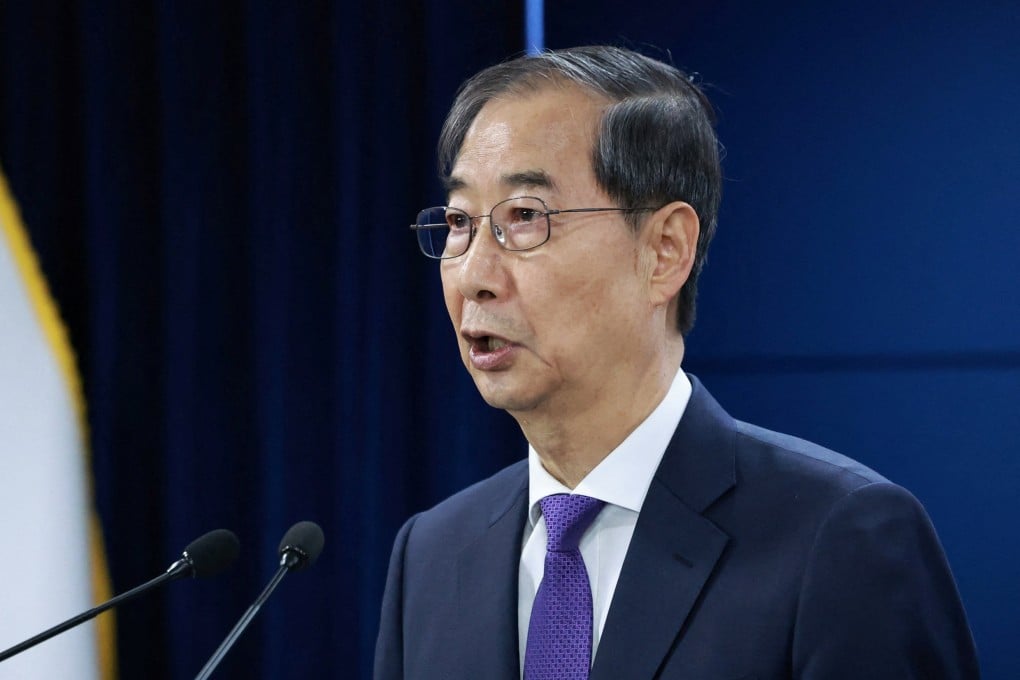Quetta, the capital city of Balochistan, is facing an unprecedented environmental crisis. Air pollution has reached alarming levels and poses a significant threat to the health and well-being of its citizens. Quetta suffers from a serious air pollution problem, with high levels of particulate matter.
According to Springer, cigarette smoking is another source of air pollution. A recent study revealed that vehicular emissions account for 30% of pollution, industrial emissions for 40%, pollution from burning solid fuels for cooking and heating for 20%, and pollution from unpaved roads and construction sites for 10%. The air quality index was recorded at 76 (moderate) in 2022 and worsened to 82 (unhealthy) in 2023.

Children, the elderly, and individuals with pre-existing health conditions are particularly vulnerable. Currently, Quetta’s air quality stands at a concerning 67%. Poor air quality severely impacts public health, leading to respiratory illnesses.
In 2015, Pakistan reported 311,189 pollution-related deaths. Overall, air pollution has caused 11 million premature deaths in the country, and 135,000 deaths occur annually in Pakistan due to air pollution. Digital Future To conclude, air pollution in Quetta is a critical issue that demands immediate planning and strong action.
The government and citizens must work together to implement effective measures to reduce pollution. SUMMIYA AZEEM, Kech. Tags: air pollution quetta.
Politics

Air Pollution in Quetta

Quetta, the capital city of Balochistan, is facing an unprecedented environmental crisis.















